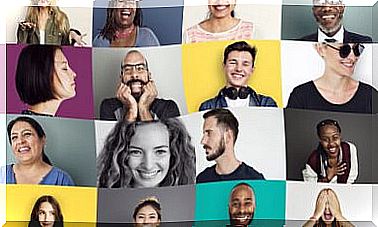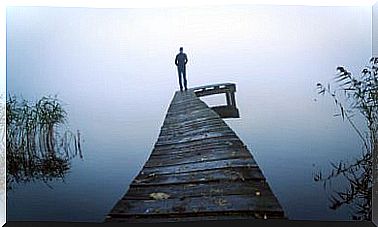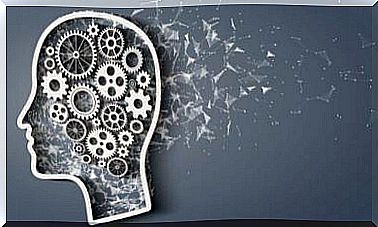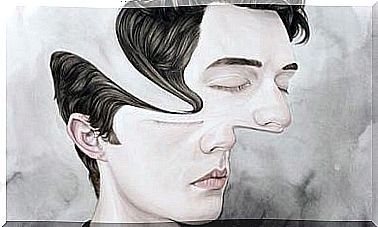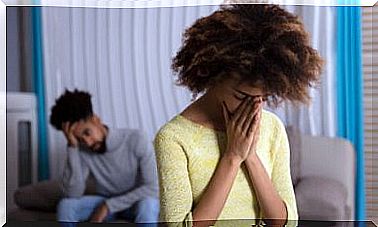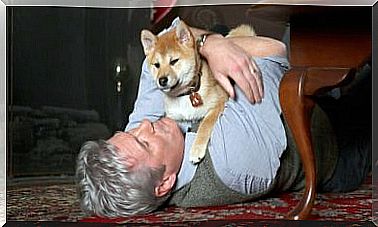When Anxiety Guides Us
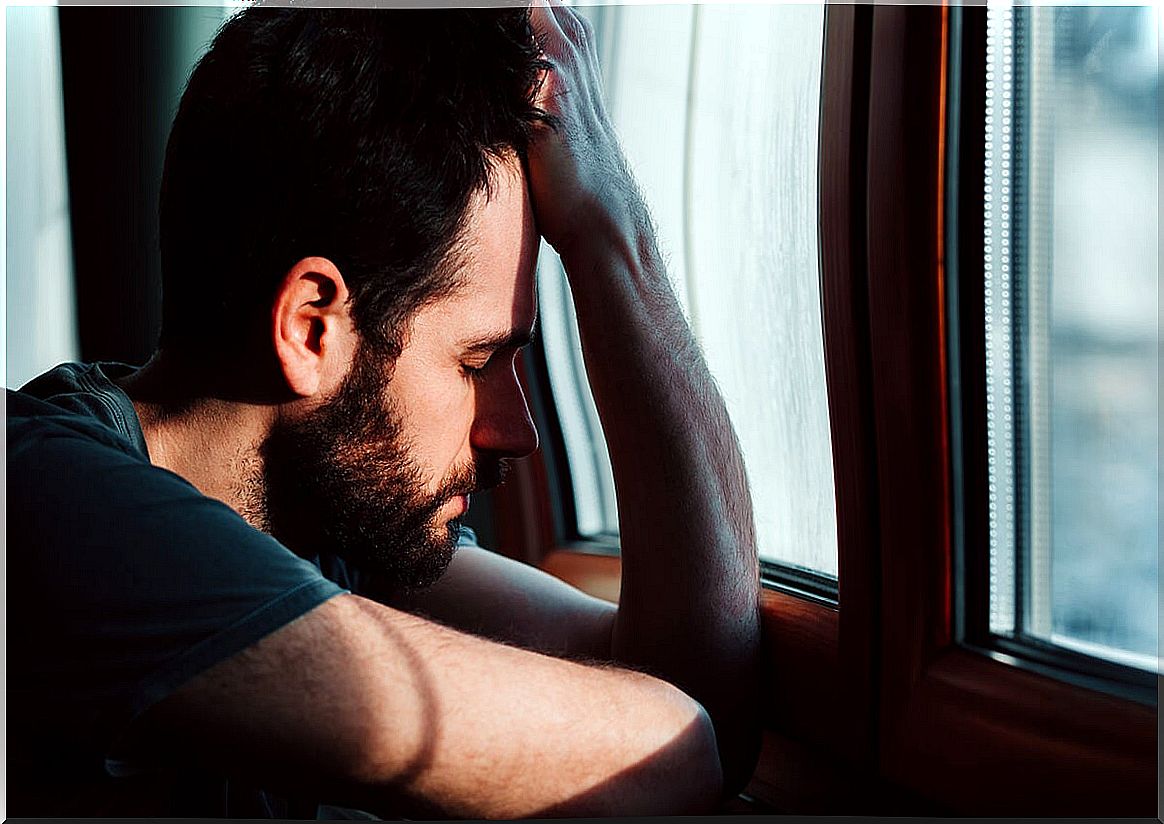
Deciding which school to send our children to, what medical treatment is best for an illness, what is the investment plan we need for our future, where to go on vacation, on what date to get married, when to change jobs or if the person who we have next is the correct one. There are many decisions that someone must make throughout their existence.
As previously said, some can be really important for life and others, inconsequential. The truth is that anxiety begins to appear from the moment we do not know what to do. We can ask our partner, our parents, our best friends or our psychologist for advice. But they are not the ones in charge of deciding, but us.
Have you ever wondered what makes you prone, to a greater or lesser extent, to ask another for advice? Have you thought about whether anxiety is associated with the momentous decisions of your life and may it be the one that determines which path you will follow? If you stop for a moment to analyze it, perhaps you can get the answer.
Recent research from the Harvard Business School has developed these queries and has subsequently designed several experiments to analyze the impact anxiety has on opening the mind so that it may or may not accept the advice of others.
It is good to know that there are three factors that influence us and that make us recipients of the councils: First, the characteristics of the “advisor”, that is, if they have experience or knowledge in that particular subject; second, the difficulty that the situation entails because the more complicated it is, the more we will tend to ask for help and third, the state of mind we have when we receive the idea or recommendation.
The strange thing is that in the vast majority of cases, people ignore the advice that our loved ones give us. We minimize them or directly discard them. Except, of course, when we are nervous. The moment anxiety takes over, we can be 100% more receptive than at any other stage in our life.
Anxiety and self-confidence
Going back to the Harvard University experiment, the first thing the experimenters did was try to induce a state of anxiety in the volunteers. How? They had them listen to horror music, watch an action movie and finally write about the most stressful situation they had to live in the past.
The next exercise consisted of looking at a photograph of a person and estimating how much they weighed. If they matched for more or less 10 pounds, they would receive a dollar. And so with each correct answer. After that, they had to complete a survey to assess self-confidence and went through a new round of weight guessing, but with one difference: they could ask for advice to get more correct answers. 90% requested it and of that amount, a large percentage followed the advice of supposedly “specialized” people, although the answers were almost never correct.
A second experiment wanted to know if anger and anxiety are related at some point. This is because the latter is characterized by a feeling of extreme uncertainty and anger on the contrary, more than anything a feeling of “certainty” that we are right. At the time of reporting on the possibility of asking for help, angry people mostly rejected the advice and those who did agree were less receptive to the advice that the experts offered them.
The question of the researchers now revolved around another question, could anxiety affect our ability to decide or even to discern between good and bad advice? The assessors turned to the seconds to see if the participants could detect it and ignore them. The most anxious people had great difficulty realizing this and kept consulting. The few “angry” who had accepted the help to the second bad advice began to dismiss the words of the collaborator.
Thus, the logical conclusion indicates that uncertainty and lack of self-confidence generate anxiety. When we feel this way, it is common to ask for help or advice, we are more likely to listen to the recommendations of others and even more vulnerable to follow them, even when they are not appropriate. It is that we do not realize it in any way.
Thus, it seems that anxiety causes us to reach more hasty conclusions because our ability to reason and detect or analyze details is affected. If for some reason you are anxious, you can ask someone for advice but keep in mind that the decision you make should think twice, since you are not in the best conditions to be able to discern if it is the right path. This way, there will be less chance that you will regret or even get angry with the other for what they said to you, regardless of their good intentions.
